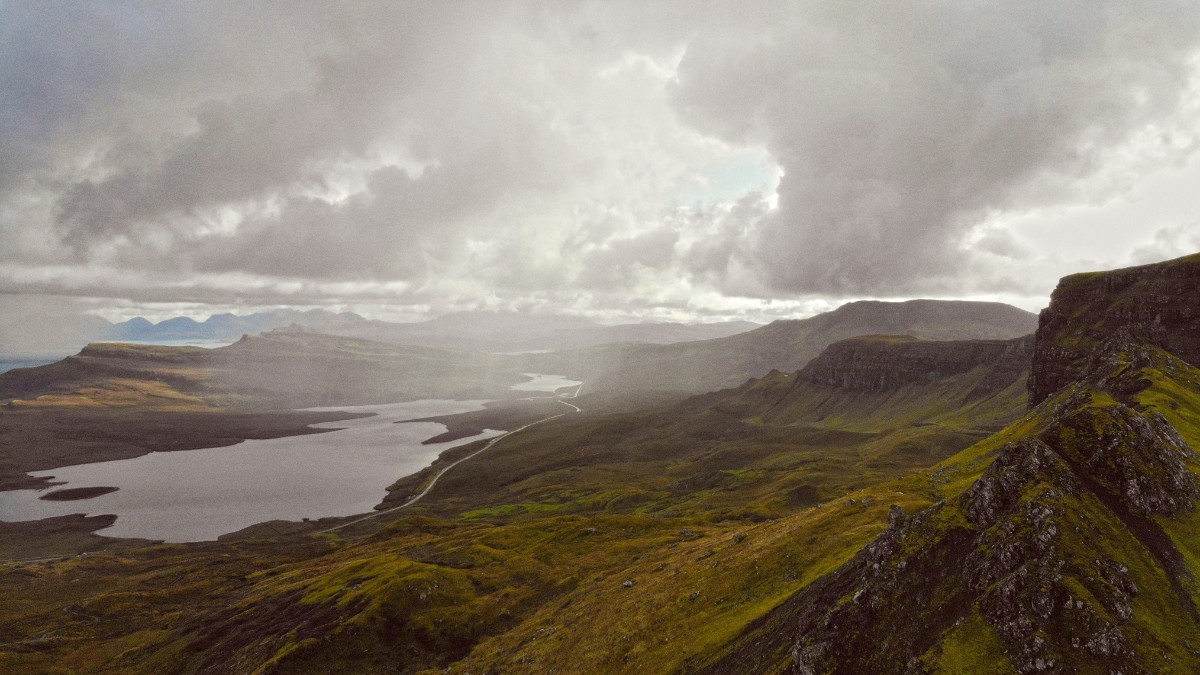
Scotland, UK
Many areas are designated for environmental importance: Special Protection Areas (SPAs) for birds, Special Areas of Conservation (SACs) for habitats, and National Scenic Areas.
Follow "Leave No Trace" principles. Take all litter, including food and dog waste, with you. Do not leave anything behind. Pack it in, pack it out. Recycling facilities are available in villages.
While rain is frequent, fresh water resources can be pressured. Use water wisely: take shorter showers and turn off taps when not in use.
Protected areas and conservation efforts guard the islands' natural beauty.
Staying on paths protects fragile ecosystems.
Observe wildlife respectfully from a distance.
Support eco-friendly choices in accommodation and activities.
Responsible disposal of waste prevents pollution.
Support global conservation efforts by visiting The Rainforest Site.
When visiting remote areas, carry all your trash out. Leave no trace of your visit, ensuring the islands remain pristine for others.
Respect for local culture and traditions is fundamental to being a welcome visitor in the Western Isles.
The islands have strong initiatives guarding Gaelic language, crofting heritage, and traditional music.
Be mindful of local customs, especially Sunday observance and crofting land use.
Always ask permission before taking photos of people. Be mindful of privacy.
If visiting a church during a service, dress modestly and maintain a quiet, respectful demeanor.
Your choices have a direct influence on island communities.
Support community-owned facilities like shops, cafes, and visitor centers.
Seek out local artisans and producers, like Harris Tweed weavers or food producers. This supports the island economy and local craftspeople.
Prioritize staying in local B&Bs, eating in local restaurants and cafes, and buying from local shops rather than large chains.
Your travel choices directly influence the local communities of the Western Isles. Support the local economy responsibly.
Unlikely to encounter exploitation, given strong community ties. Make choices that benefit the destination.
Your choices contribute directly to the well-being and sustainability of island life.
Support community-owned facilities, which directly benefit local populations and often fund local projects.
Seek out local artisans and producers, ensuring your money directly supports the island economy and fair wages.
If donating, support local charities or community trusts directly; they identify and address local needs effectively.
When visiting remote areas, always carry all your trash out. Leave no trace of your visit, ensuring the islands remain pristine for others.